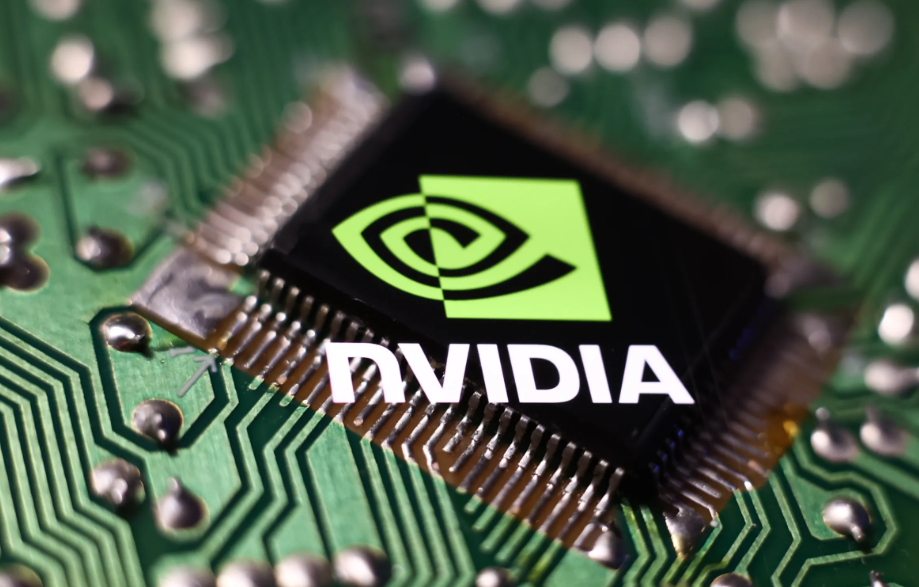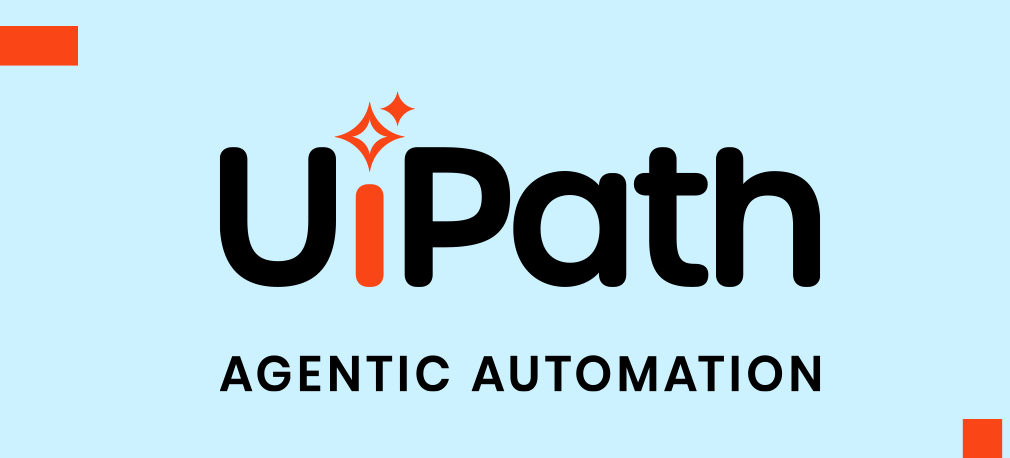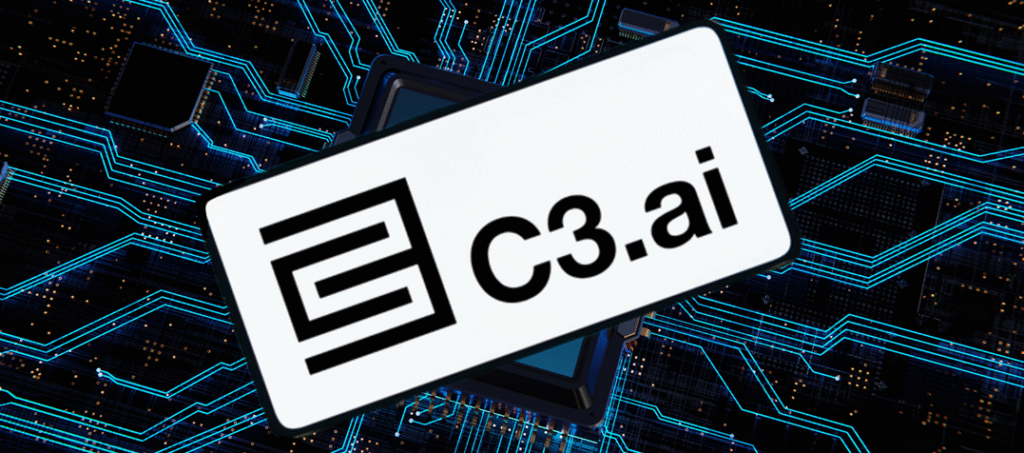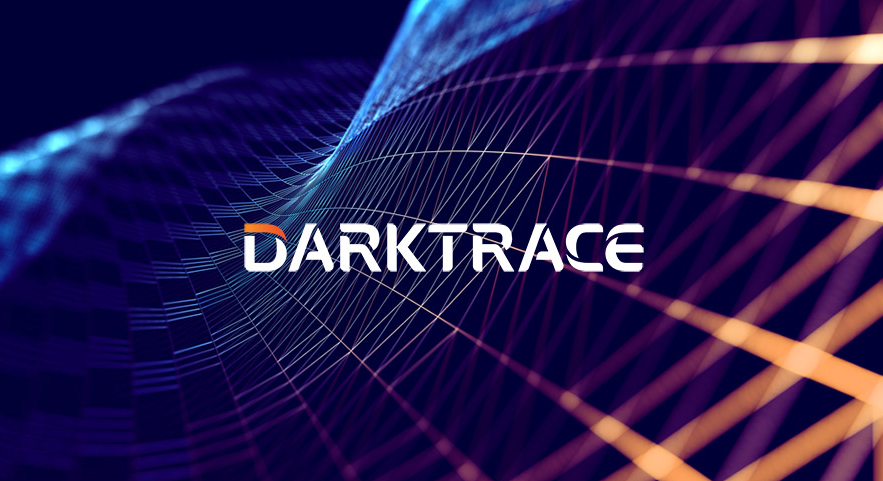As artificial intelligence continues to reshape industries and redefine innovation, investors are eyeing AI-driven companies as some of the most promising opportunities in 2025. From breakthrough startups to tech giants leading global transformation, the AI sector is rapidly evolving, offering both high-growth potential and long-term value.
In this guide, we explore the top AI companies worth considering for your investment portfolio, whether you’re a UK-based investor or looking to expand globally. Let’s take a closer look at the firms driving the future of tech—and how you can be part of it.
Why Invest in AI Companies Now?

What makes artificial intelligence a high-growth sector in 2025?
Artificial intelligence is one of the fastest-growing sectors in 2025 due to its increasing role in solving real-world problems and driving innovation across industries. AI is no longer limited to tech labs—it’s powering everyday applications, from customer service automation to advanced medical diagnostics.
Artificial intelligence (AI) has moved from niche research to mainstream adoption, transforming everything from healthcare to finance, retail, and transportation. In 2025, AI is expected to be a $500+ billion industry, driven by machine learning, generative AI, robotics, and data automation.
The rapid development of large language models (LLMs), AI chips, and enterprise-level applications makes investing in AI companies a forward-looking strategy for long-term growth.
Key Growth Drivers:
-
Wider Industry Adoption: AI tools are now essential in finance, retail, healthcare, logistics, and manufacturing, improving accuracy and reducing human error.
-
Advancements in Technology: Breakthroughs in machine learning, deep learning, and natural language processing are pushing AI capabilities to new levels.
-
Productivity and Efficiency: Businesses are turning to AI to streamline operations, cut costs, and stay competitive in a fast-changing market.
-
Surge in Data: The explosion of digital data gives AI systems more fuel to learn and evolve, making them increasingly effective.
-
Government Support: National strategies and funding in countries like the UK, US, and China are accelerating AI research and deployment.
How AI is transforming industries worldwide?
AI is increasing productivity across industries by automating monotonous jobs and facilitating more intelligent decision-making. For instance:
- Healthcare: AI helps in early diagnosis and drug development
- Finance: Algorithmic trading and fraud detection powered by AI
- Retail: AI predicts consumer trends and optimizes inventory
- Manufacturing: AI-driven robotics streamline operations
- Transportation: Self-driving technologies, traffic prediction, and route optimization are making travel safer and more efficient.
- Education: AI systems provide automated grading, student engagement analysis, and individualized learning.
- Agriculture: AI helps monitor crop health, optimize irrigation, and forecast yields using drone and sensor data.
What are analysts predicting for AI investments this year?
In 2025, analysts predict that worldwide investment in AI will approach $200 billion, with the US accounting for over half of that total. Growing demand in sectors including manufacturing, healthcare, and finance propels growth.
-
Big firms like JPMorgan are spending billions to integrate AI into operations.
-
Tech leaders such as Nvidia and Microsoft are seeing increased demand for AI chips.
-
Government backing—like the EU’s €200 billion InvestAI initiative—is also boosting momentum.
The mix of private funding and public support highlights AI as one of the fastest-growing sectors this year.
What to Look for in an AI Investment?

Core technologies: machine learning, NLP, robotics, and etc.
Not all AI is created equal. Top-performing companies usually specialize in:
-
Machine Learning: Powers data analysis, predictions, and smarter automation—used across sectors from finance to retail.
-
Natural Language Processing: aids in the comprehension and reaction of machines to human language. It’s key in chatbots, virtual assistants, and AI writing tools.
-
Computer Vision: Enables AI to interpret images and videos—crucial in healthcare diagnostics, self-driving cars, and security tech.
-
Robotics: Robots driven by AI are increasing productivity in warehouses, factories, and even operating rooms.
-
AI Hardware: Companies building processors and chips designed for AI (like GPUs) are vital to the ecosystem.
-
Cloud AI Platforms: Scalable tools offered by cloud providers are helping businesses deploy AI without building systems from scratch.
Key financial indicators: revenue growth, R&D, innovation
When assessing AI companies, focus on these core financial metrics:
-
Revenue Growth: Steady or accelerating income signals strong demand and market traction.
-
R&D Spending: High investment in research often leads to cutting-edge products and long-term value.
-
Innovation Track Record: Look for consistent product launches, patents, or tech breakthroughs that set a company apart.
These indicators help spot firms with solid fundamentals and future growth potential.
Risk factors: valuation bubbles, regulation, tech competition
AI stocks can be volatile. Risks include:
- Valuation Bubbles: Some AI stocks may be overhyped and priced beyond their real value.
- Regulatory Challenges: Future laws on data use, privacy, and AI ethics could impact operations.
- Tech Competition: Rapid innovation means today’s leaders can be quickly outpaced by rivals.
Top Established AI Companies to Invest In
These are the global giants leading the AI revolution with strong market positions, deep resources, and robust AI ecosystems.
1. NVIDIA – The AI chip leader

NVIDIA powers the infrastructure of AI. Its GPUs (Graphics Processing Units) are critical for training large AI models like ChatGPT. In 2025, its data center segment is booming, thanks to the rise of generative AI.
- Ticker: NVDA (NASDAQ)
- Strengths: AI hardware, deep learning, gaming, data centers
- Outlook: Strong buy, benefiting from explosive demand for AI chips
2. Alphabet (Google) – Dominating AI research and cloud AI

Through Google DeepMind, Google Cloud, and its own LLM Gemini, Alphabet has built one of the most advanced AI ecosystems. It’s monetizing AI in search, ads, productivity tools, and cloud services. With deep resources and constant innovation, Alphabet remains a major force in shaping the future of artificial intelligence.
- Ticker: GOOGL (NASDAQ)
- Strengths: Research excellence, diversified AI monetization
- Outlook: Long-term hold with consistent innovation
3. Microsoft – Investing heavily in OpenAI and Copilot tech

Microsoft has integrated AI deeply into its ecosystem. Through its multi-billion investment in OpenAI, it powers ChatGPT, and embeds AI into Office, Azure Cloud, and developer tools like GitHub Copilot. Its focus on productivity, cloud services, and enterprise AI puts it at the centre of AI adoption across global markets.
- Ticker: MSFT (NASDAQ)
- Strengths: First-mover advantage in enterprise AI integration
- Outlook: Strong buy, leading enterprise AI adoption
5. Amazon – AI in AWS, logistics, and consumer tech

AI is used by Amazon in supply chain automation, purchasing, and Alexa. Its cloud platform, AWS, offers scalable AI solutions to startups and enterprises alike. Through AWS, it offers scalable AI and machine learning tools to businesses worldwide. Its deep integration of AI supports efficiency and growth across both tech and retail operations.
- Ticker: AMZN (NASDAQ)
- Strengths: Retail and logistics AI, scalable AI solutions
- Outlook: Growth stock, massive AI infrastructure play
5. Meta – AI for advertising, LLMs, and the metaverse

Meta is advancing open-source LLMs like LLaMA, and heavily investing in AI-powered advertising and augmented reality (AR) experiences. AI is also key to its metaverse vision. These innovations support Meta’s long-term vision of immersive, intelligent digital experiences.
- Ticker: META (NASDAQ)
- Strengths: Social media algorithms, open-source AI models
- Outlook: High-risk, high-reward AI disruptor
Quick Overview of Established AI Stocks
| Company | AI Focus Area | 2025 Investment Outlook |
| NVIDIA | AI chips & GPUs | Strong long-term growth |
| Alphabet | LLMs, AI research | High innovation potential |
| Microsoft | OpenAI, cloud AI tools | Strategic enterprise positioning |
| Amazon | Retail & logistics AI | Stable infrastructure play |
| Meta | Generative AI & AR | High upside with volatility |
Emerging AI Companies to Watch
UiPath – Robotic process automation (RPA)

- Ticker: PATH (NYSE)
- Outlook: Scalable SaaS model, growing RPA market
Palantir – AI in data analytics and government

- Ticker: PLTR (NYSE)
- Outlook: Long-term hold, strong presence in public sector AI
C3.ai – Enterprise AI applications

- Ticker: AI (NYSE)
- Outlook: Risky but innovative, with contract-based growth
SoundHound – Voice AI and NLP

- Ticker: SOUN (NASDAQ)
- Outlook: Small-cap growth, strong in automotive AI
Graphcore (UK) – AI chip innovation

- Outlook: Private, pre-IPO, potential for long-term gain
UK-Based AI Companies for Local Investors
DeepMind (Alphabet-owned)

- Ticker: BAI (Euronext Amsterdam)
- Outlook: High-growth potential in biotech-AI intersection
Darktrace

- Ticker: DARK (LSE)
- Outlook: Strong earnings, though occasionally controversial
Wayve

- Outlook: Private company with rising investor attention
Graphcore

How to Invest in AI Companies

Buying individual AI stocks
Buying individual AI stocks lets you invest directly in companies leading AI innovation. Although this strategy has a lot of room for expansion, there is a danger.
Steps to Get Started:
-
Choose a Brokerage: Open an account with a trusted platform like eToro, Hargreaves Lansdown, or Fidelity.
-
Research Companies: Focus on firms with strong AI products, consistent revenue growth, and innovation—like NVIDIA, Alphabet, or Microsoft.
-
Diversify Wisely: Avoid putting all your money in one stock. Spread investments to manage risk.
-
Monitor Performance: Keep track of company news, earnings, and market trends to make informed decisions.
Direct stock ownership gives you control, but it’s important to invest with a long-term view and do your due diligence.
Investing through AI-focused ETFs
ETFs like Global X Robotics & AI ETF (BOTZ) or iShares Robotics and AI ETF (IRBO) offer diversification.
Why Choose AI ETFs:
-
Diversification: Spreads your investment across multiple AI leaders, reducing risk.
-
Ease of Access: Traded like regular stocks on major exchanges.
-
Low Maintenance: Professionally managed with less need for constant tracking.
Popular options include:
-
Global X Robotics & Artificial Intelligence ETF
-
iShares Automation & Robotics ETF
AI ETFs are ideal for investors seeking long-term exposure to the AI sector with less hands-on management.
Considering AI mutual funds and robo-advisors
AI mutual funds and robo-advisors offer managed, hassle-free ways to invest in the AI sector.
AI Mutual Funds:
-
Professionally managed portfolios focused on tech and innovation.
-
Suitable for investors who prefer expert stock selection and long-term growth.
-
Examples include funds with strong AI exposure in sectors like automation, semiconductors, and cloud computing.
Robo-Advisors:
-
To manage your portfolio according to your objectives and risk tolerance, use algorithms.
-
Some offer AI-themed investment portfolios with low fees and easy setup.
-
Great for beginners or hands-off investors.
Both options are useful for those looking for guided exposure to the AI market without picking individual stocks.
Crowdfunding and private AI startups (for experienced investors)
Investing in private AI startups through crowdfunding platforms offers early access to innovative companies—but comes with higher risk.
Key Points:
-
High Potential Returns: Early-stage startups can offer significant growth if successful.
-
Access via Platforms: Sites like Seedrs, Crowdcube, or AngelList list tech-focused opportunities.
-
Due Diligence is Crucial: These investments are less regulated and often illiquid, so thorough research is essential.
-
Limited Exit Options: Returns may take years and depend on acquisitions or IPOs.
Risks and Challenges of AI Investing

Are AI valuations too high?
Some AI companies have seen rapid price increases, leading to concerns about overvaluation. In many cases, investor excitement has driven stock prices ahead of actual earnings or proven business models.
Key Considerations:
-
Strong Growth vs. Hype: While AI has real long-term potential, not every company can deliver sustainable returns.
-
Earnings Gaps: Some firms are valued more on future expectations than current performance.
-
Selective Investing Matters: Focusing on financially sound companies with real-world applications can reduce risk.
AI is a promising sector, but careful analysis is crucial to avoid buying into inflated valuations.
How geopolitical risks can impact AI companies
Geopolitical tensions can directly affect the growth and operations of AI companies in several ways:
-
Export Restrictions: Governments may limit the sale of AI chips or software to certain countries, affecting revenue and supply chains.
-
Trade Wars: Tariffs or sanctions between major economies can disrupt global tech partnerships and manufacturing.
-
Regulatory Conflicts: Differing rules on data privacy, security, and AI usage can make it harder for firms to operate internationally.
-
Investment Scrutiny: Foreign ownership in AI firms, especially those linked to defence or critical infrastructure, may face tighter controls.
Is regulation a threat or an opportunity?
Regulation in AI can be both a challenge and a chance for growth—depending on how companies adapt.
As a Threat:
-
Stricter rules on data use, transparency, and ethics can raise compliance costs.
-
Slower innovation may occur if regulations limit how AI systems are developed or deployed.
As an Opportunity:
-
Clear guidelines can boost public trust and accelerate adoption.
-
Well-prepared companies may gain an edge by leading in responsible AI and influencing industry standards.
In the long run, regulation may reward firms that build ethical, safe, and transparent AI solutions.
How to balance your portfolio with AI exposure
Avoid going “all-in” on AI. Consider AI as 10–20% of your overall tech or equity exposure for better risk management.
Tips for Smart Balance:
-
Limit Exposure: To prevent overconcentration, keep AI to a small percentage of your portfolio, usually 10% to 20%.
-
Mix with Stability: Pair AI stocks with more stable assets like bonds, dividend-paying stocks, or index funds.
-
Diversify Within AI: Invest across different areas—hardware, software, cloud, and automation—rather than one segment.
-
Use Funds and ETFs: Spread risk through AI-focused ETFs or mutual funds rather than picking individual stocks alone.
This approach helps you benefit from AI growth while keeping your overall investment strategy resilient.
Conclusion: Positioning Yourself for the AI Revolution
Artificial intelligence isn’t a passing trend—it’s a paradigm shift. Whether you’re a seasoned investor or just beginning to explore tech stocks, understanding which AI companies to invest in helps you make informed, strategic decisions.
Stay diversified, stay curious, and you’ll be better prepared to ride the wave of the AI-powered future.
FAQ About AI Investments
Should I invest in AI stocks or ETFs?
- ETFs offer diversification and lower risk
- Stocks offer higher return potential but require more research
Are AI companies profitable yet?
- Profitable: Big players like NVIDIA and Microsoft earn solid returns from AI.
- Not yet: Many startups focus on growth, not profits.
- It varies: Profitability depends on the business model and stage of development.
What is the best long-term AI stock?
- NVIDIA and Microsoft are the safest long-term bets.
Can I invest in OpenAI?
- No, OpenAI is not publicly traded, but Microsoft owns a major stake and is your closest investment proxy.
I’m Laura Wilson, a passionate blogger and content creator with a deep interest in business, finance, and entrepreneurship. I’ve had the opportunity to write for several premium blogs, sharing insights & practical advice for individuals & small businesses. I’m the founder and publisher of ukbusinessmag.co.uk, where I focus on creating valuable, easy-to-understand content to help UK startups & SMEs grow.




